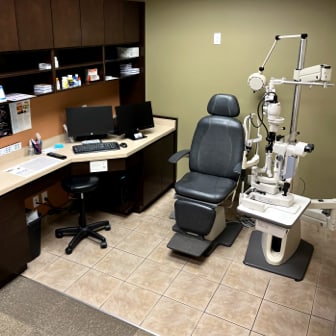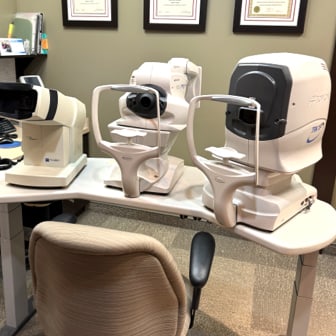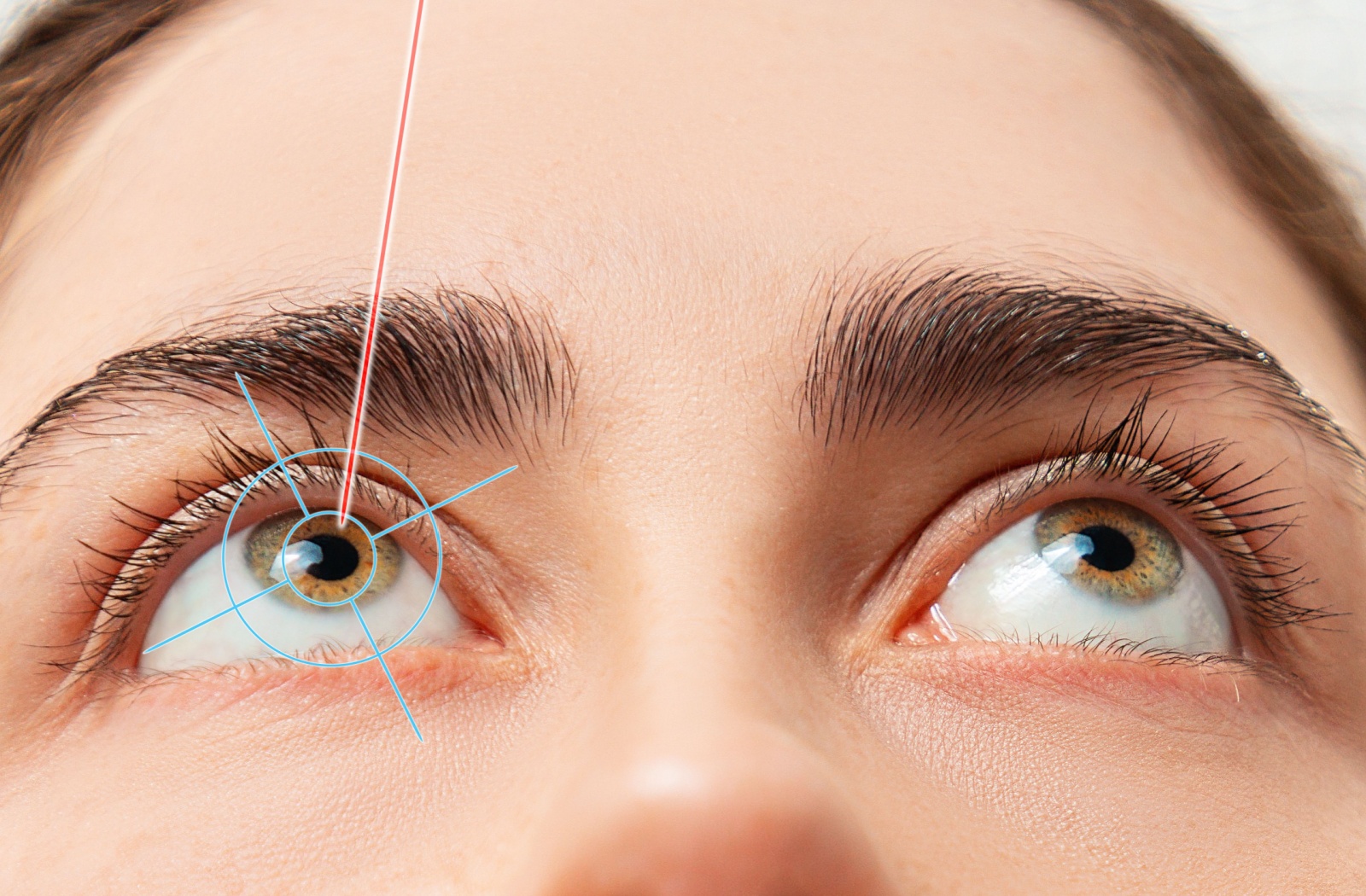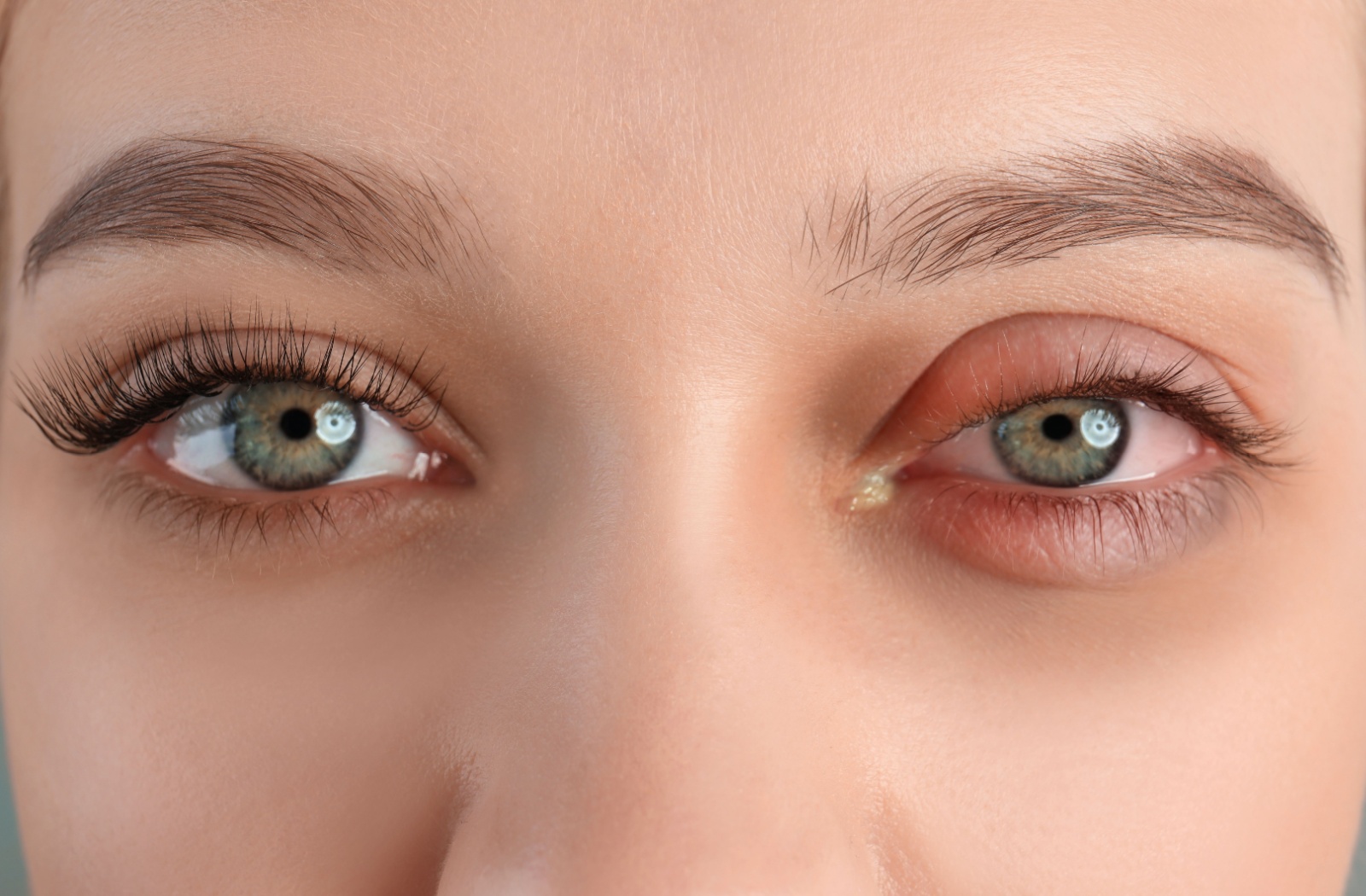Eye floaters and flashers are two separate eye conditions, with the latter typically being more serious than the former. Should either of these two conditions occur, they should be investigated by one of our Optometrists urgently to make sure your eye health is not in jeopardy.
Potential Causes of Eye Flashes and Floaters
- Infection/inflammation of your eye
- Retinal tears
- Recent eye surgery
- Trauma to your eye or head
- Normal aging
Eye Floaters
At some point in our lives we can expect to have eye floaters. They are usually harmless and are ignored by most.
For the first few decades of your life, your eyes vitreous (what fills the interior of the eyeball) has a gel-like consistency. Over time, the natural ageing process begins to dissolve the vitreous, detaching it from our retina and creating a watery center. When some of these undissolved particles float around in the more liquid center of the vitreous, we see what is referred to as eye floaters.
Eye floaters usually present as small specks or squiggles that you see floating around in your vision, but can never focus on. When you try to look at them directly they seem to dart away.
You should be concerned about eye floaters if you find that they increase in frequency or size from what you typically experience. We recommend being assessed as soon as possible by one of our Optometrists if you feel this is the case.
Prompt treatment may be critical, especially if the underlying cause is a retinal tear, which can lead to permanent vision loss if not treated in time.
Eye Flashes
As mentioned above, a part of our natural ageing process is the vitreous separating from the retina. By the age of 50, most people go through this without noticing anything. Eye flashes occur when the vitreous gel of our eye pulls on the retina, causing what look like flashing lights or lightning streaks.
Eye flashes can indicate a retinal detachment or tear and should be treated with urgency.
If you are experiencing eye flashes we recommend coming in for an eye exam as soon as possible. If you have a retinal tear or it has detached, you are at risk for complete vision loss.


























